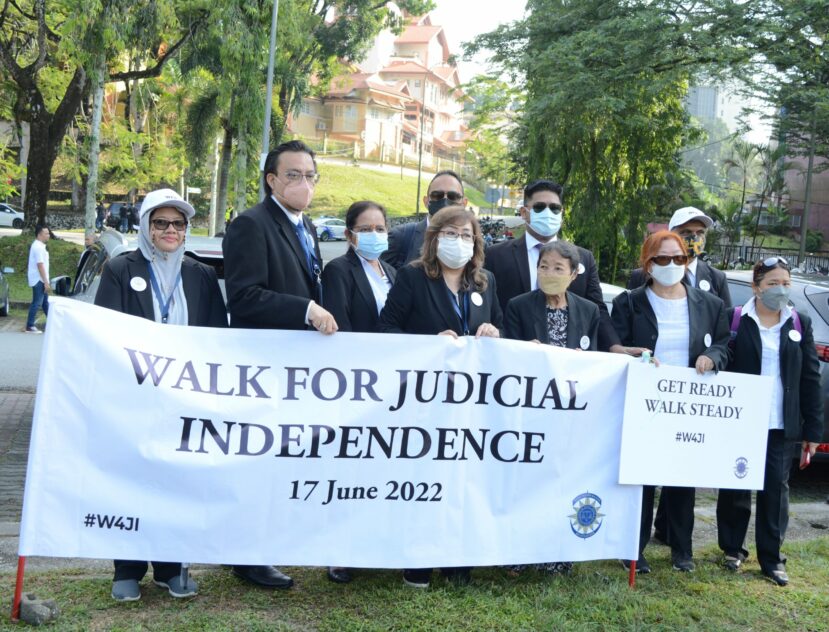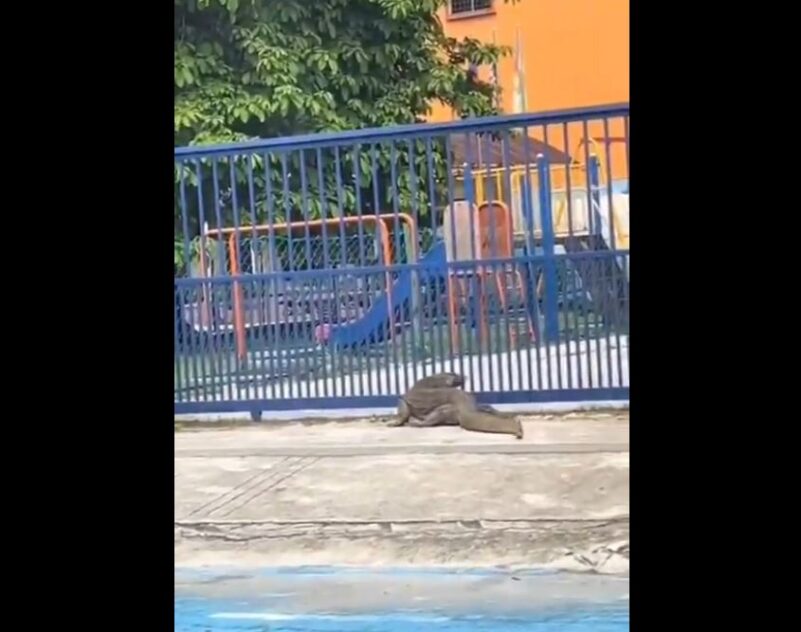 By Doreenn Leong
By Doreenn Leong
MALAYSIANS suffer whenever unscrupulous coffee shop proprietors take advantage of any hike in the price of petrol to substantially raise the prices of food and drinks.
It was common then for these operators to blame the increase in petrol prices for higher food prices. Similarly, bus operators and those in the transportation industry would raise prices when pump prices go up.
For instance, in 2011, when the price of RON97 rose by 20 sen, many food operators started to increase their food prices by an average of 20%! At that time, it was reported that a glass of coffee was selling for RM2.20, an increase of 20 sen in over a week while a glass of Milo was sold for as high as RM3.50.
In September 2013, the price of RON97 was around RM2.85 per litre versus its peak of RM3 per litre in September in the previous year.
The Barisan Nasional government implemented the managed float system in December 2014 and saw RON95 retailing at a high of RM2.38 in November 2017.
When the retail price of RON95 was down three sen to RM2.18 per litre in for the week of March 15 to 21, 2018 while RON97 cost RM2.45 per litre, non-air-conditioned coffee shops were selling at nearly RM3 for iced Milo and coffee.
At RM3, the price is the same as one litre of premium fuel such as Petron Blaze 100 Euro 4M fuel at that time.
However, the previous Pakatan Harapan (PH) administration had maintained the price of RON95 at RM2.20 per litre after assuming federal administration in May 2018.
The PH government decided to reinstate the Automatic Fuel Pricing mechanism in January 2019 to determine fuel prices on a weekly basis but capped at RM2.20 for RON95 and RM2.18 for diesel, per litre respectively.
The RON95 petrol price has now come down to a low of RM1.44 for the week of March 21 to 27 as global crude oil prices continue to fall.
This represents some 40% drop in petrol prices in over two years, but did the food and consumer prices fall in tandem? Of course not! Food sellers and merchants were so quick to raise prices whenever petrol prices increased but will not reduce a sen when pump prices fall.
When petrol prices were at its high, Malaysia’s inflation rate for 2017 was 3.87%, a 1.78% increase from 2016. However, the inflation rate fell to 0.9% in 2018 and rose to 1.02% in 2019. The CPI for January to February 2020 registered an increase of 1.4% compared with the same period last year.
It is not surprising to see that all states except Melaka registered an increase in the index of food and non-alcoholic beverages. The highest increase was recorded by Johor (1.3%) followed by Selangor and Putrajaya (1.2%), Pulau Pinang (1%) and Perak (0.9%), surpassing the national index of 0.8% for food and non-alcoholic beverages in February.
Surely, food traders would argue that the higher food prices were as a result of increased material costs, not just petrol prices. Then why blame any increase in food prices on higher petrol prices?
Many people are feeling the pinch with the current Covid-19 outbreak. Instead, prices are still the same or even increased.
This is where our new minister should be more proactive in ensuring prices of goods and services are fair and there is enough supply so prices do not increase further.
There is no better time than now to put a stop to errant food operators and merchants from increasing prices further. It is time to lower your prices. Putting more money in people’s hands will be a futile effort if these go to benefitting unscrupulous sellers. – March 26, 2020









